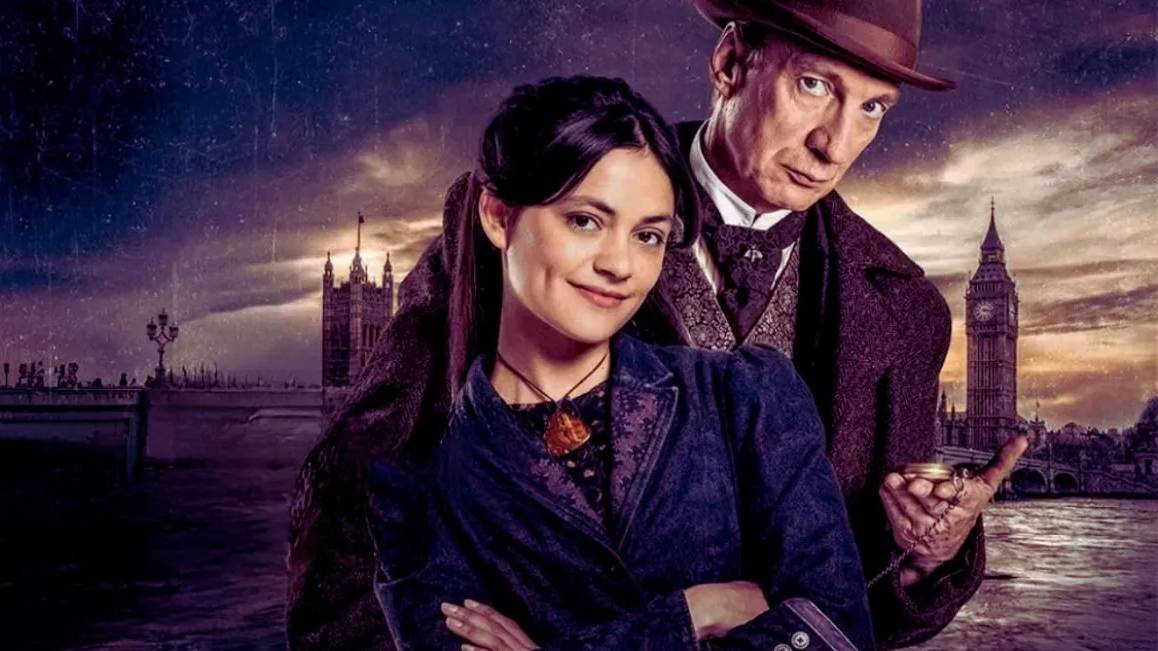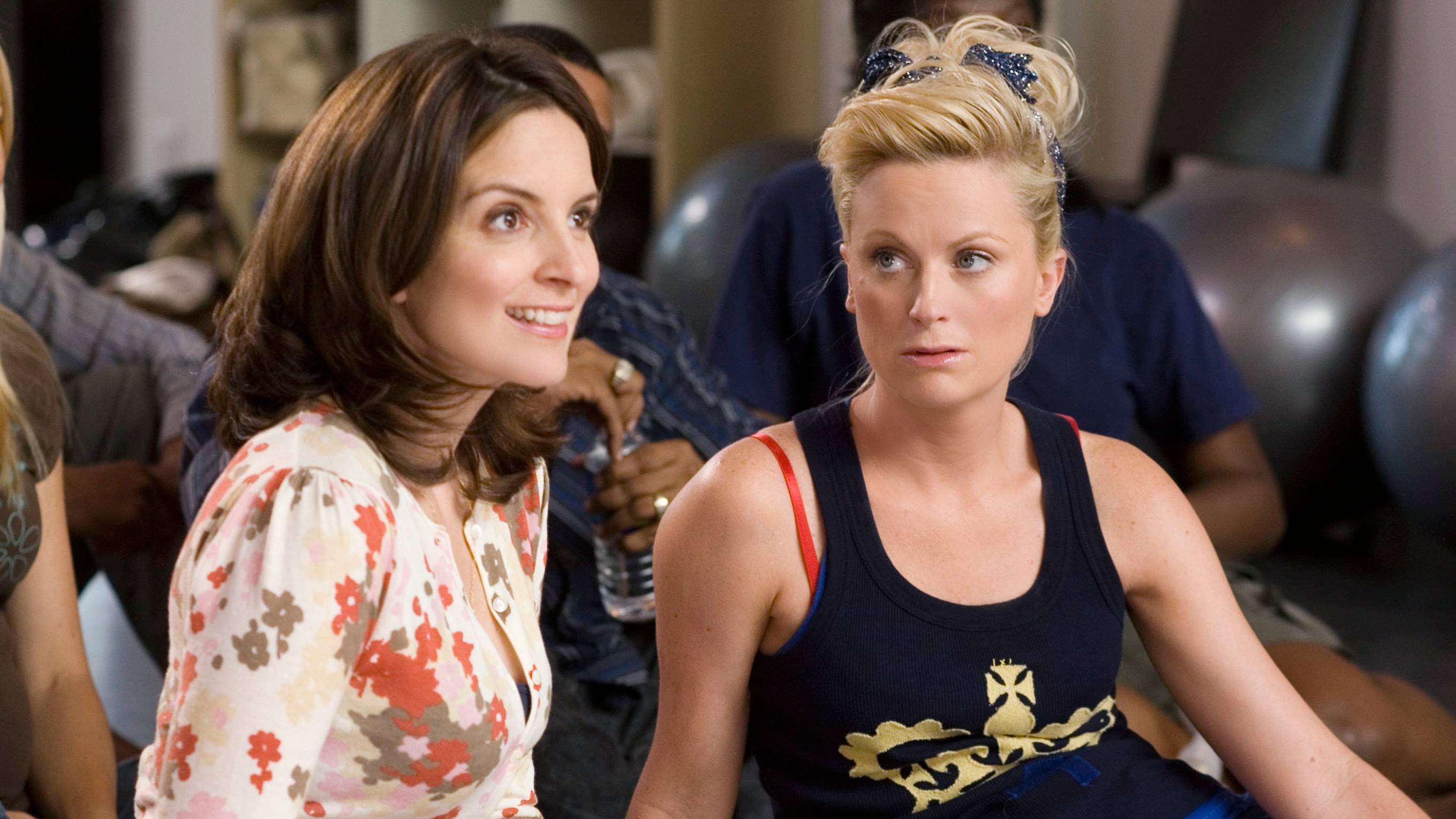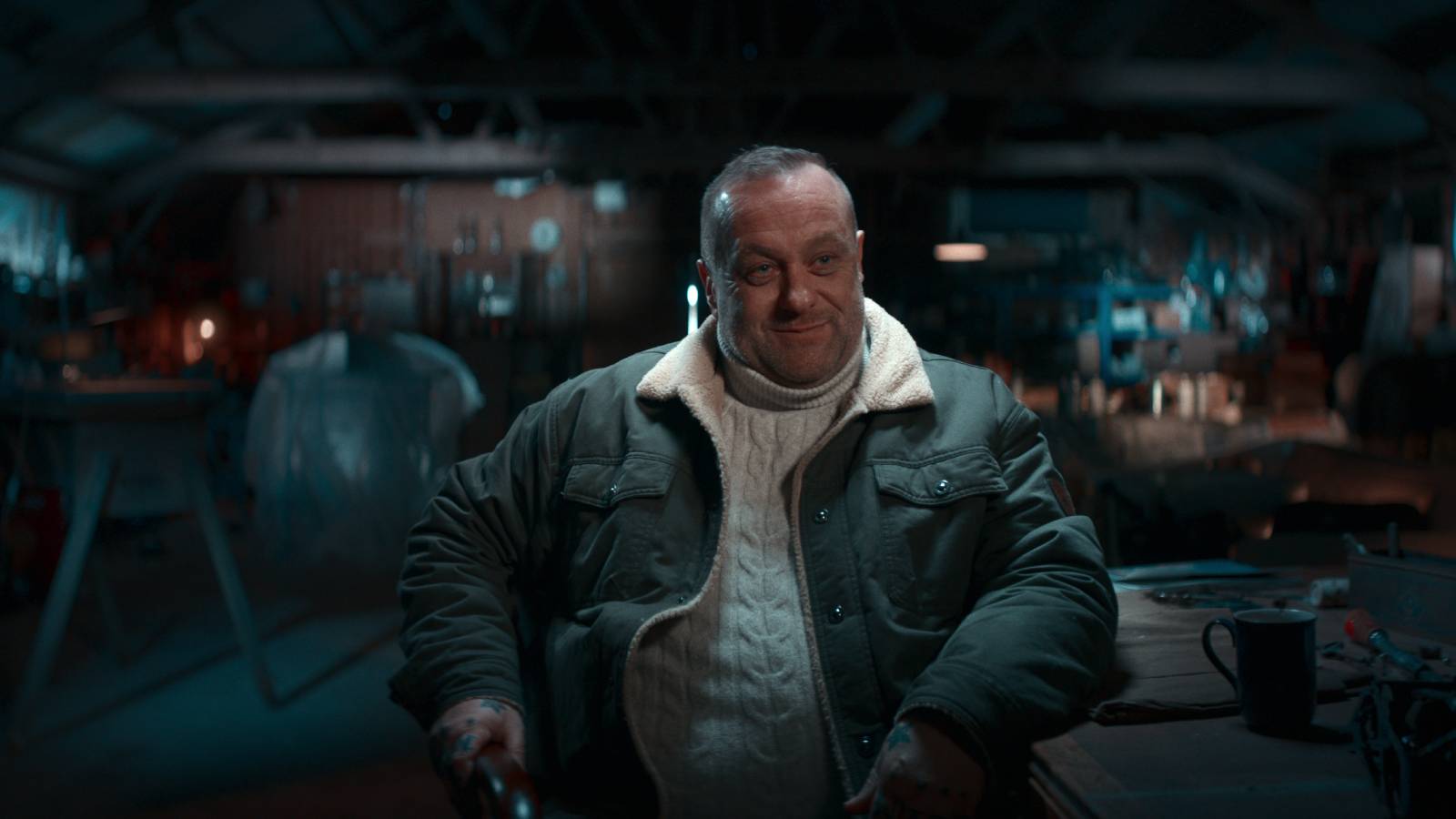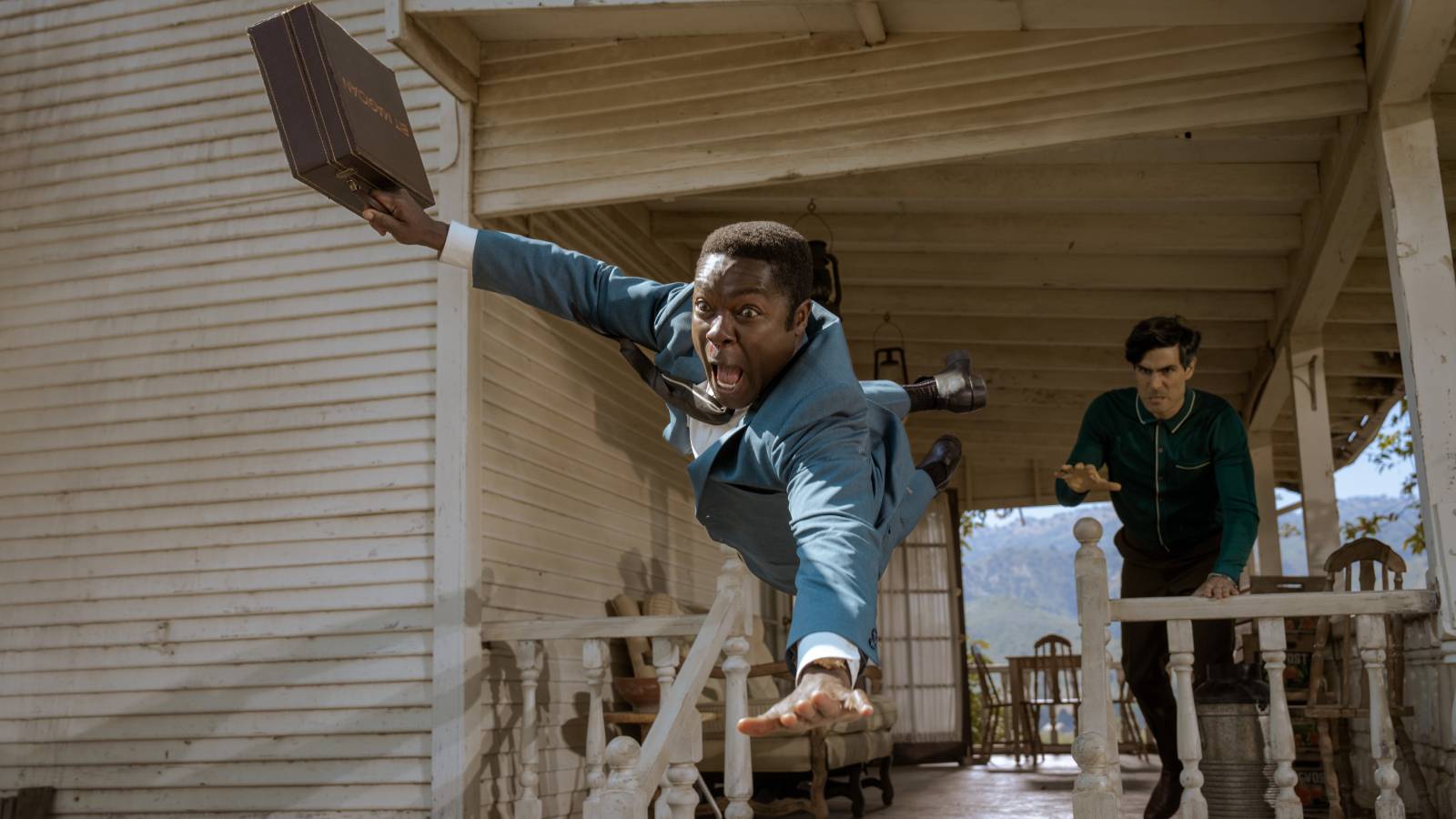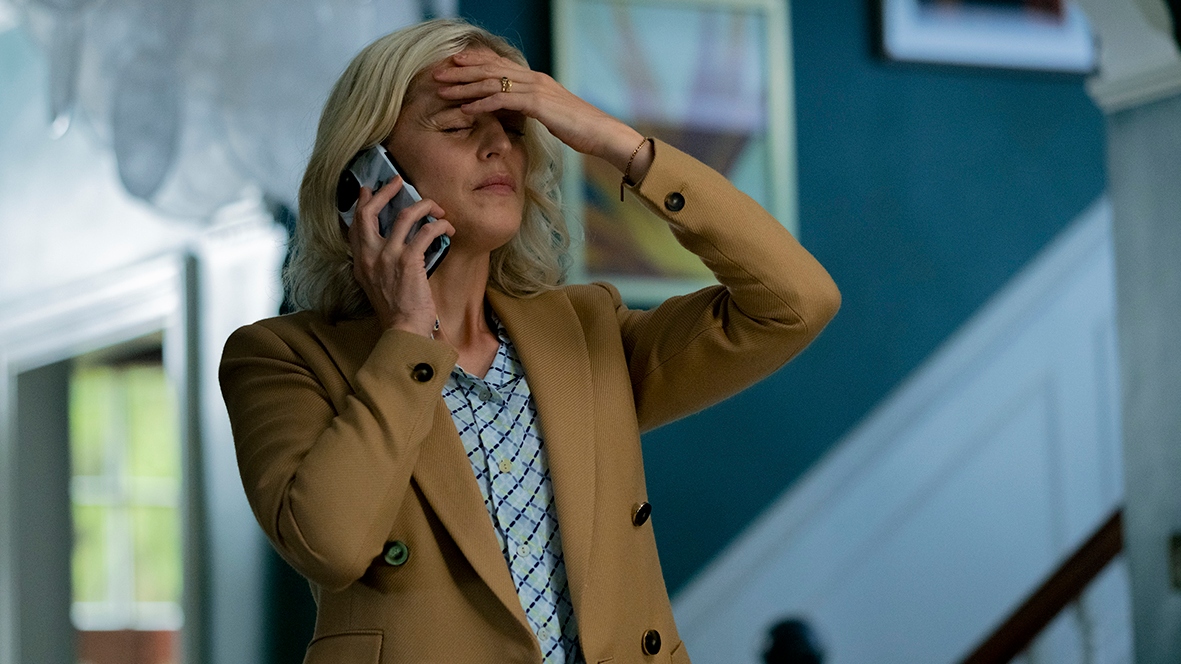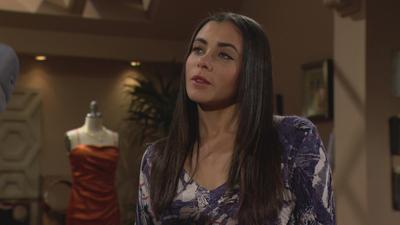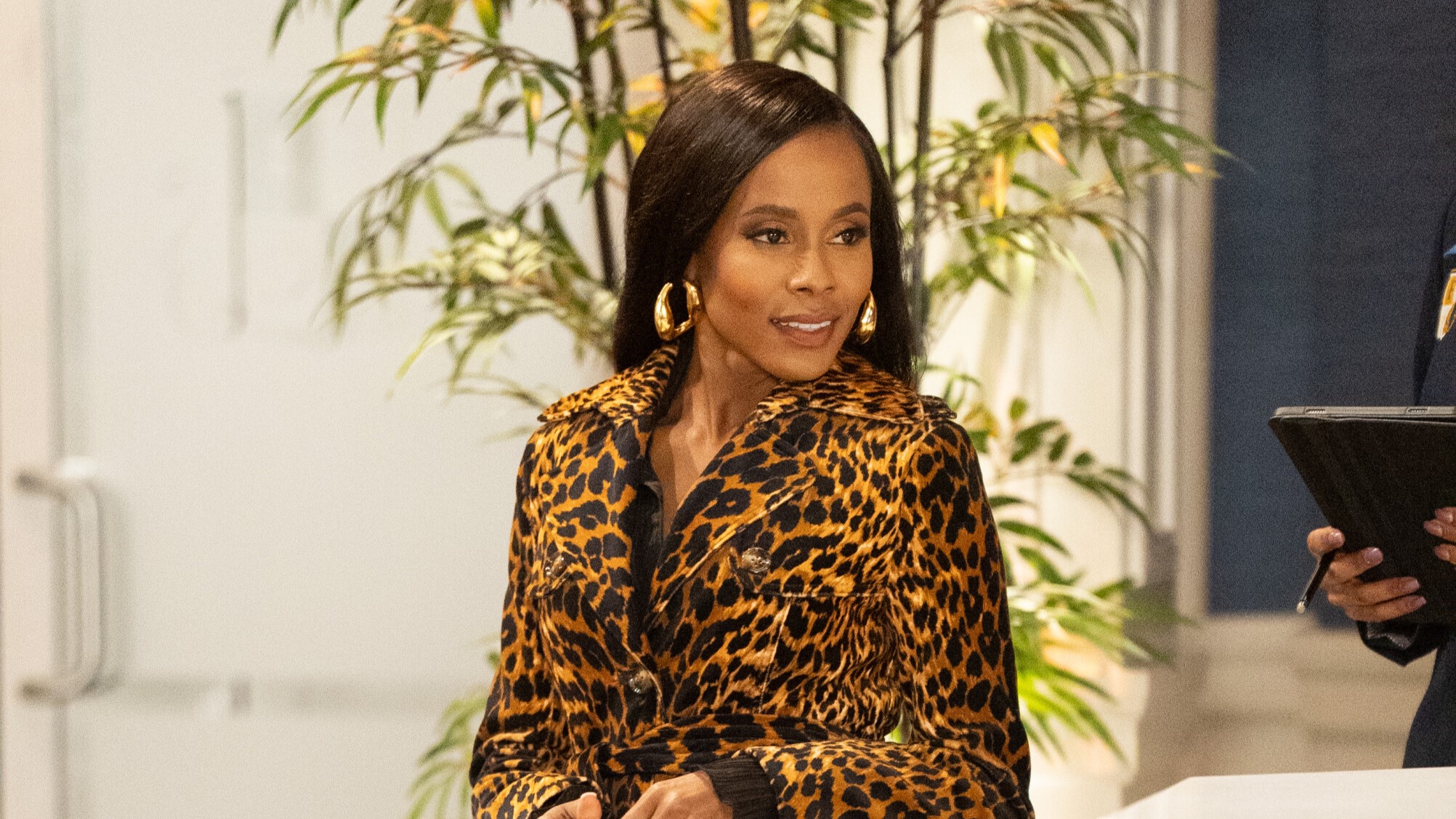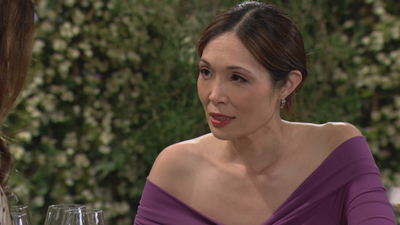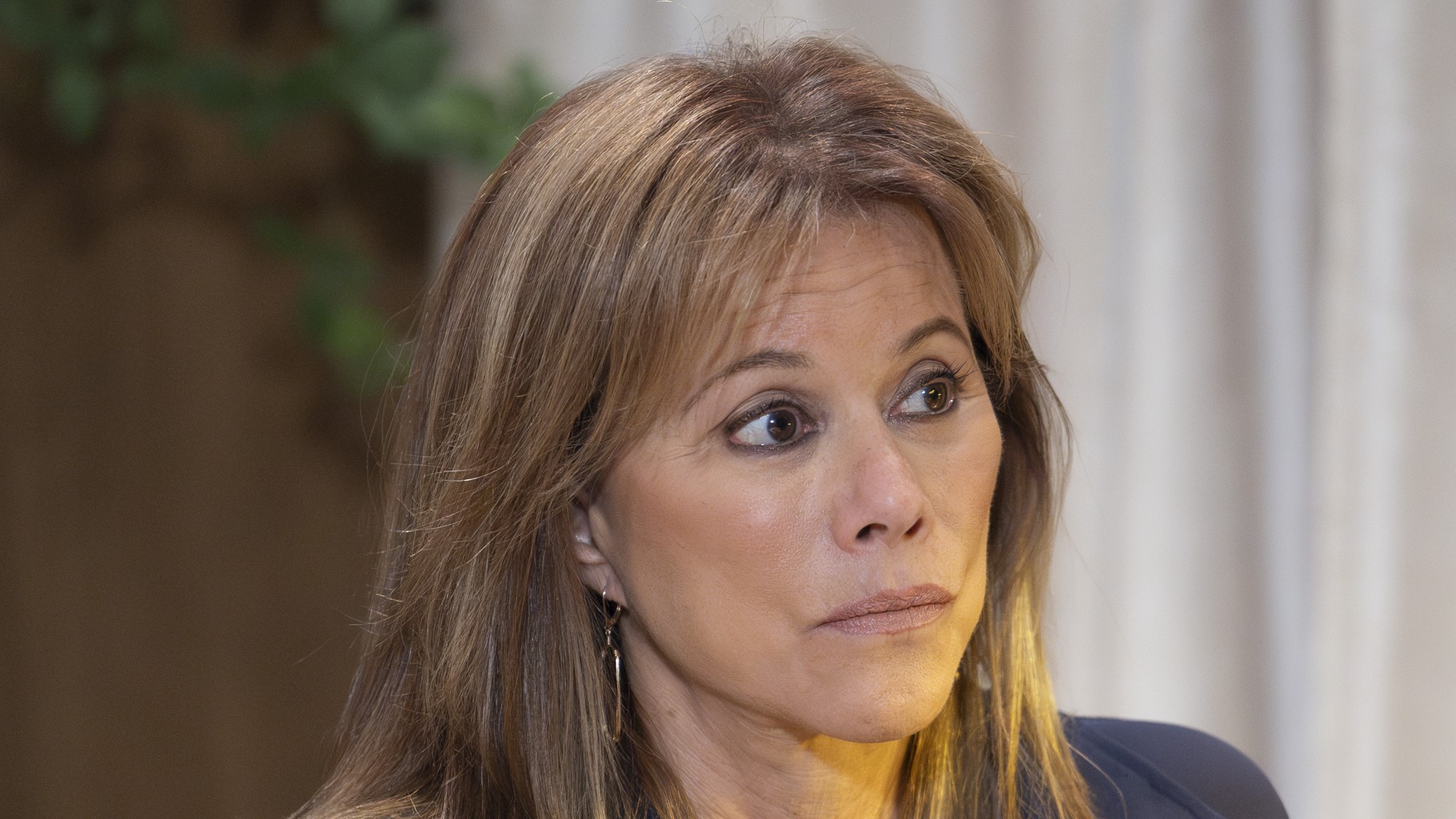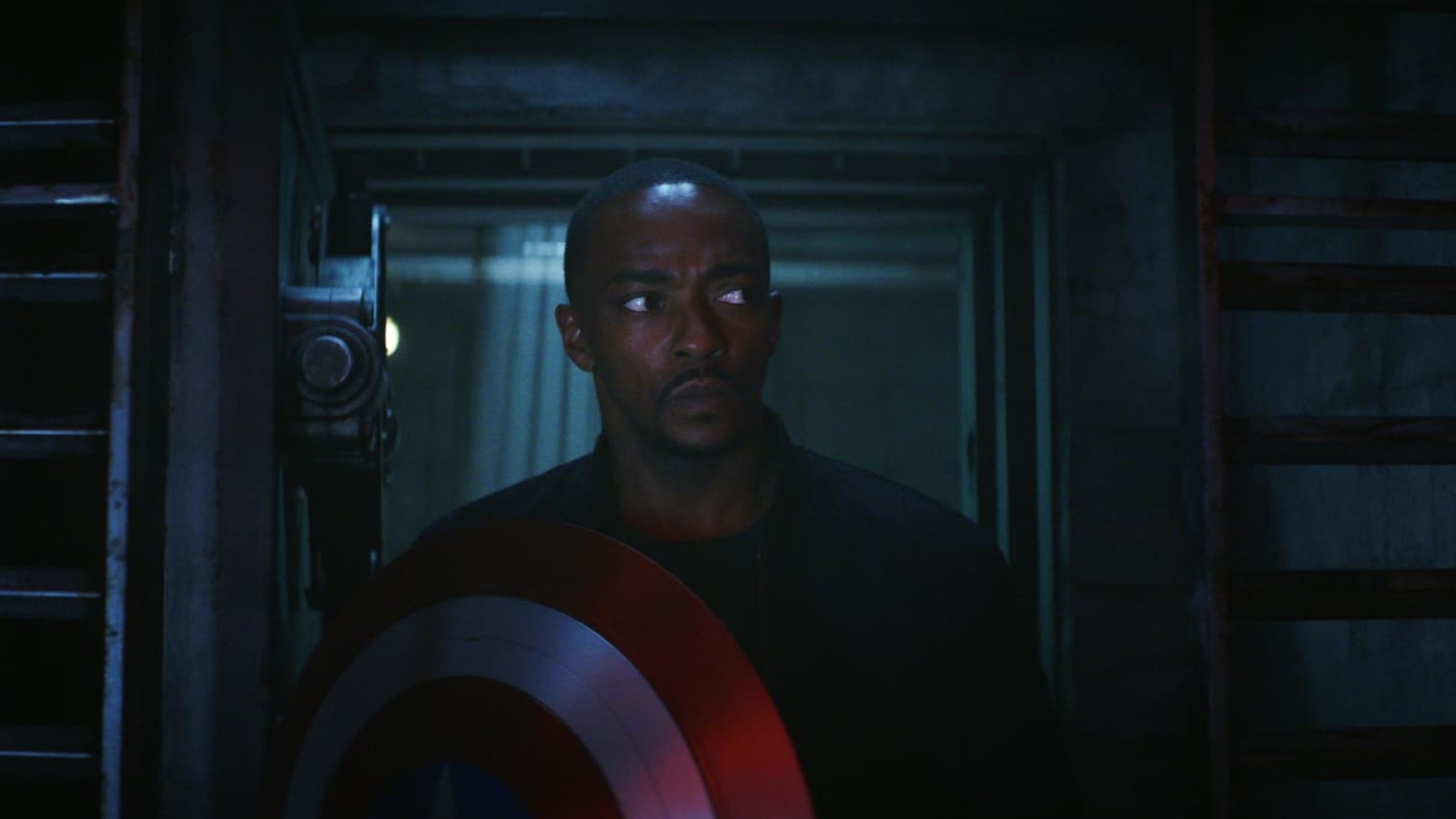Jonathan Rhys Meyers: 'I'm cast as the bad guy because I look like one!' (VIDEO)
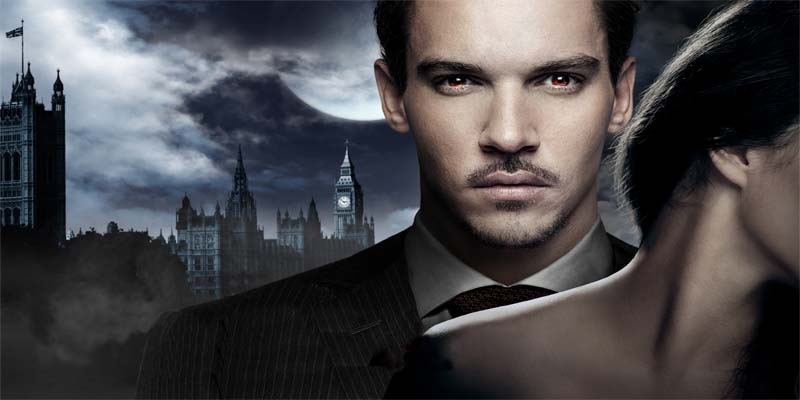
The Tudors’ Jonathan Rhys Myers sinks his teeth into the role of Dracula (Thursday, Oct 31) in Sky Living’s sumptuous re-imagining of the Bram Stoker classic, in which the titular vampire is masquerading as an American entrepreneur in Victorian London.
TV & Satellite Week caught up with him for a bite and a chat on location in Hungary...
Have you read Bram Stoker’s original book?
“I have, and the book is not great literature. It’s pulp fiction of the 19th century, the Dan Brown of its day, and was very popular in Europe and on the East coast of America.”
What is Dracula’s enduring appeal?
“There is a little pinhole of humanity that makes him complex and creates conflict, and that conflict is the curse. I don’t see Dracula as a monster and I don’t see him as supernatural. I see him as someone who is cursed with a terrible illness that’s got no cure – it’s a cancer that’s growing inside him.”
Why do you think you were cast in the lead role?
Get the What to Watch Newsletter
The latest updates, reviews and unmissable series to watch and more!
“I’m cast as the bad guy because I look like one. I can convey that sense of conflict because I live in conflict a lot of the time and it’s not something I have to search for. Looking for some sort of peace or balance is evident in me, regardless of what I do. Maybe that suits the parameters that Dracula has to follow.”
Have you been influenced by other portrayals of Dracula?
“I liked Klaus Kinski’s vampire, who was the ultimate monster, and Gary Oldman in Coppola’s Bram Stoker’s Dracula. Unfortunately, after his performance no one can wear sunglasses as Dracula, as that that image of Gary with the hat, the beautiful curled hair and the blue-tinted glasses is so iconic. But I wouldn’t say that either of them influenced me.”
What can you tell us about this Dracula’s alter-ego, entrepreneur Alexander Grayson?
“Grayson is American, but that’s a performance within the performance. Dracula’s not American in this, in fact Dracula doesn’t exist. Dracula is a manifestation of the monster that only comes out at the very last moment of seeing red – he is the inner rage. There’s only one character, and that’s Vlad Tepes, a 15th-century soldier. Grayson is the face he puts on for popular society and, as an American, he’s abhorrent to Victorian England, something new and dangerous.”
What role does Van Helsing play in the story?
“It’s Van Helsing who wakes Vlad in his tomb because he wants revenge on a slightly pseudo-religious group called the Order of the Dragon, which is making all its money through oil.”
Is that why Grayson is interested in wireless electricity?
“Grayson understands that the best way to get about your business is to distract people with other things, bamboozle them. Wireless electricity is something that would completely countermand oil and take the Order’s wealth away. And poor people can’t do much in the world.”
Does Dracula’s bloodlust reflect a form of addiction?
“Vampirism is a metaphor for addiction, and he is addicted to blood – without it he cannot survive and he’ll go mad, but he only drinks from women. There’s something pseudo-sexual about biting someone’s neck, and I keep him a heterosexual vampire. I also have Grayson drink a lot of whisky to mirror the blood addiction.”
Why does Dracula still resonate with a modern audience?
“Because it touches on eternal youth and beauty, and that’s what people are interested in these days. Youth and beauty make models and sell magazines, but they don’t make actors or performances.”
Did you have reservations about doing another TV series after The Tudors?
“I was reluctant to do another series. It’s like making four movies at once and, while you have much more room to explore a character, there’s also more room to fall over on your backside. It’s a very long process.”
Do you have empathy with your character?
“What makes Dracula popular is that you have empathy for him. You’ve no empathy for Frankenstein – he’s a big bloody monster. But Dracula is someone who was once human, but now has been destroyed, and is an outcast because of what he is.”
What do you think his immortality feels like?
“We all fear death, but if you had to live that amount of time you really would wish for death. You’d see all that you love wither and die again and again. You may want to live forever when you’re 29 and beautiful, fit and healthy. But what if you were just growing older and older and life became an exhausting trial rather than a beautiful thing to enjoy for a short period of time? The length of human life is what makes it so exciting.”
http://youtube.com/v/0ckkoZLB5Y0
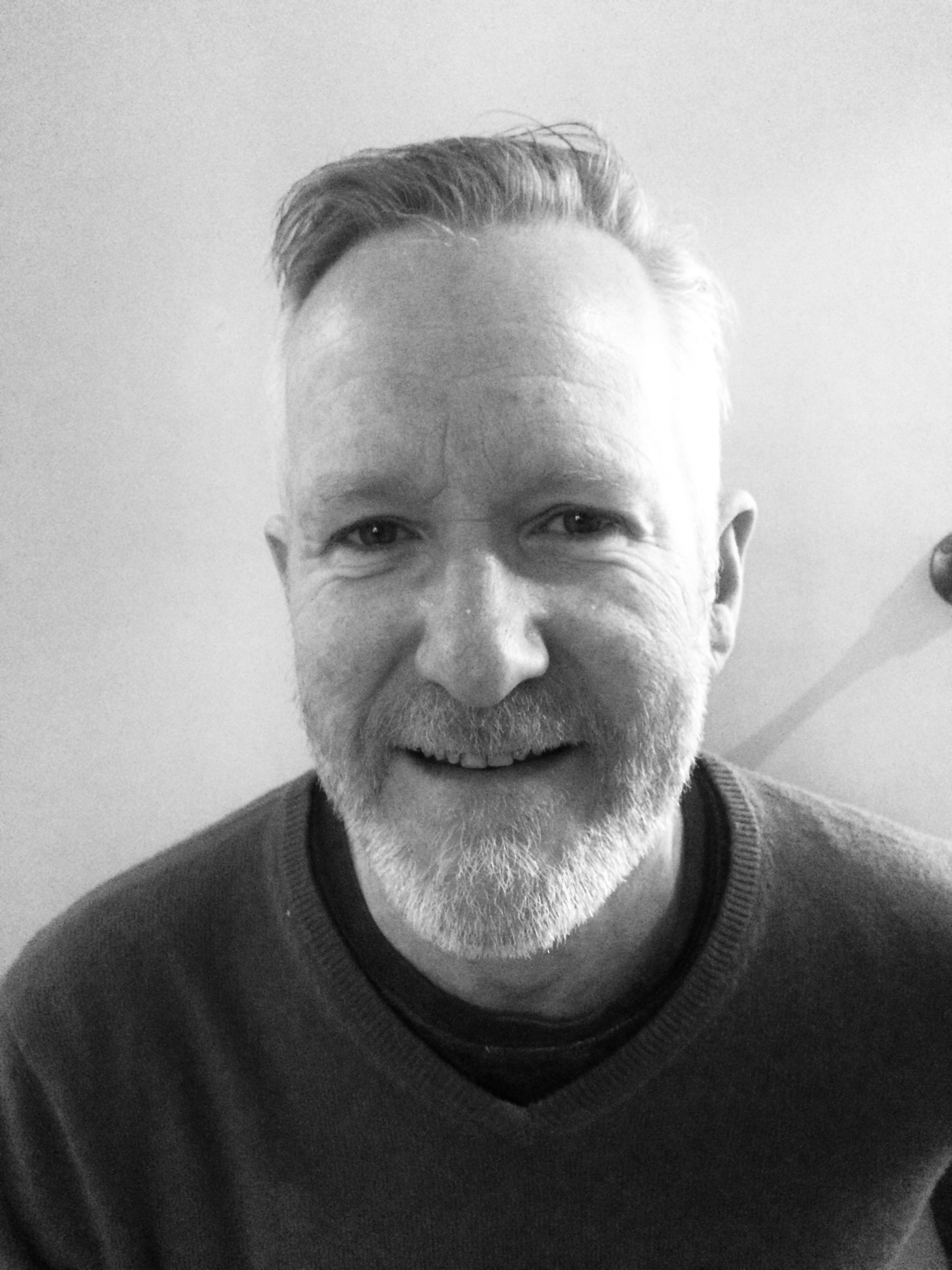
Ian writes about TV and film for TV Times, What’s on TV and TV & Satellite Week magazines. He co-hosts the weekly TV streaming podcast, Bingewatch.
